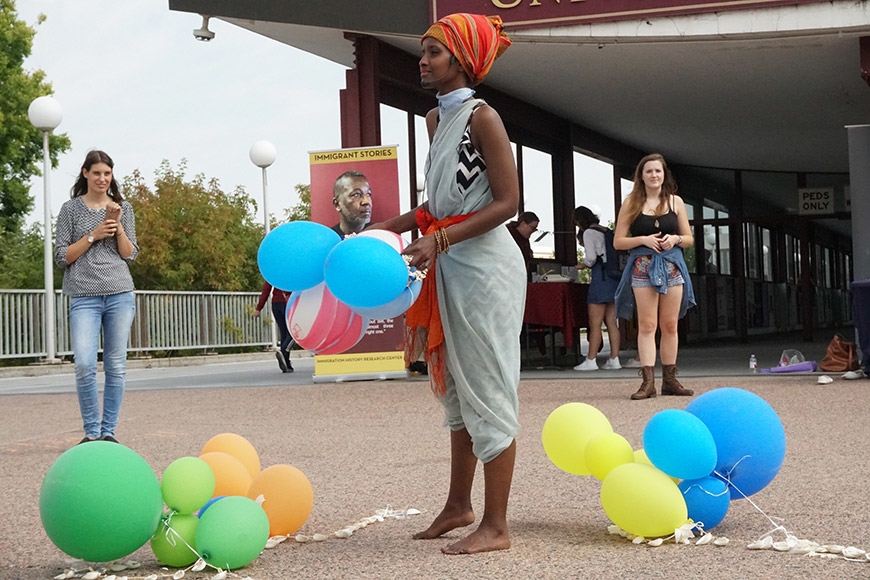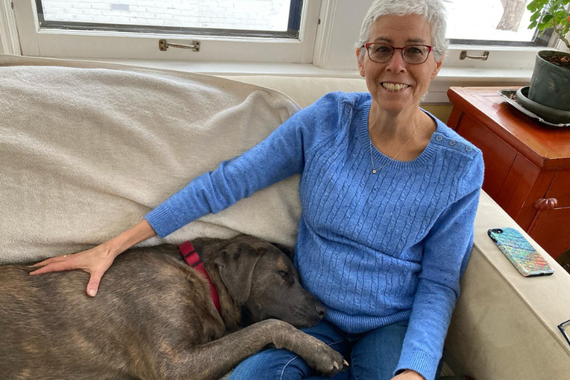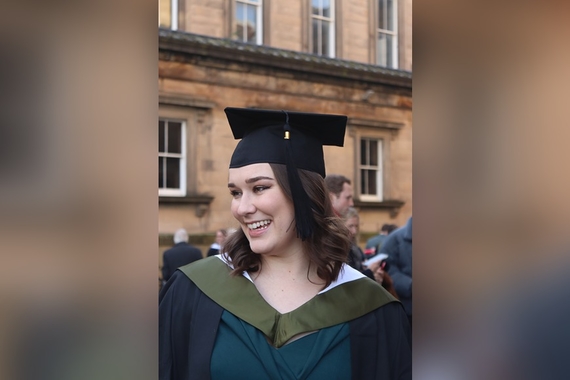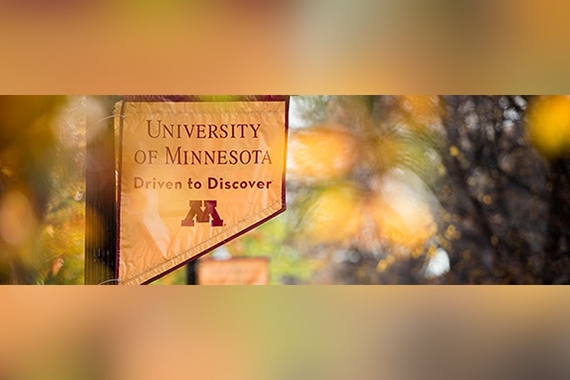Seeking Refuge in a Changing World
A refugee crisis occurs when large groups of people are forcibly displaced from their homes. We are currently experiencing the largest refugee crisis of our generation with 65.6 million people around the world being uprooted from their homes by unbearable living situations. Astoundingly, 55% of these worldwide refugees come from three countries: South Sudan, Afghanistan, and Syria, according to the UNHCR, the UN Refugee Agency.
In this context, the Institute of Global Studies examined this complex humanitarian issue over the past academic year through the Seeking Refuge in a Changing World project.
“Seeking Refuge was designed to raise awareness of the range of factors that force people to flee their homelands and to examine the experience of refugees. It provided an important opportunity for IGS centers to work together on a common project and to reach a variety of audiences on and off campus,” says IGS director Evelyn Davidheiser.
Origins
Seeking Refuge in a Changing World is a collective project that examined a world of people in flux. The collaborative investigated the global developments forcing people to seek refuge; the motivations and experiences of refugees themselves; the impact of these migrations on sending and receiving communities; and the political, social, environmental, and cultural responses to mass migrations around the globe.
Seeking Refuge in a Changing World was a joint effort of the Institute for Global Studies, African Studies Initiative, Center for Austrian Studies, Center for German and European Studies, Center for Holocaust and Genocide Studies, Human Rights Program, and the Immigration History Research Center. Through cooperative efforts, these centers support multifaceted research and facilitate community outreach.
Below are a few highlights from the events this year.
Educator Book Club
One of the ongoing events for the project is the Seeking Refuge in a Changing World Book Club for K-12 educators. The club met monthly to discuss award-winning books exploring refugee situations. Deborah Jane, IGS outreach coordinator, founded the educators’ book club in fall 2016. Selected books explored refugee situations in Myanmar, Guatemala, Mexico, Afghanistan, Syria, and Ghana.
Jane says, “It’s about starting an important discussion with these teachers. I think this book club is unique because of the topic of migrations. It is a metaphor of journeys, both external and internal journeys, and that really speaks to middle school and high school students about the changes they are going through. It also helps to build community in the classroom while also tackling a topical global issue.”
Cambodian Americans and the Myth of Refugee Resettlement
In February, Eric Tang, associate professor at University of Texas, joined the project to discuss his book Unsettled: Cambodian Refugees in the NYC Hyperghetto. The 1980 Refugee Act still haunts many Cambodian Americans who were displaced from their homes and forcibly relocated to some of the poorest inner-city neighborhoods, such as the “hyperghettos” of the Bronx, New York.
Years after their displacement, many families have not been able to achieve financial stability due to the lack of upward mobility. These socioeconomic problems derive from the provisional state of their living conditions.
At the event Tang opened up a conversation with representatives from the “Release the Minnesota Eight” campaign. This group includes activists who have been advocating on behalf of eight Cambodian Americans: men in their 30s and 40s who came to the US legally as child refugees but lost their green card status and were detained in 2016 by the Immigration and Customs Enforcement. Speaking alongside these activists were two of the former detainees themselves. Five of the men have been deported to Cambodia. The conversation shed light on the harrowing experience of being detained and the intense efforts to organize an advocacy campaign to defend their human rights.
Holocaust Remembrance
In March, IGS and the Center for Holocaust & Genocide Studies invited English and comparative literature professor Michael Rothberg, who is the 1939 Society Samuel Goetz Chair in Holocaust Studies from the University of California - Los Angeles, for a lecture called “Inheritance Trouble: Migrant Archives of Holocaust Remembrance.”
Rothberg’s talk considered immigrants’ engagement with the Holocaust in contemporary Germany and posed questions focused on how we should think about the transmission of Holocaust memory more than seventy years after the defeat of Nazi Germany. Rothberg also addressed the lessons of the Shoah for today, when far-right political movements are once again on the rise. He suggested possibilities for an ethically and politically engaged memory work that uses art, literature and performance to model alternative ways of looking back at the genocide perpetrated by Nazi Germany.
The Institute for Global Studies is proud to sponsor series like Seeking Refuge in a Changing World. By bringing together local communities, people from near and far who show us the state of being a refugee in different parts of the world bring awareness to this global issue.
This story was written by an undergraduate student account executive in CLAgency. Meet the team.



